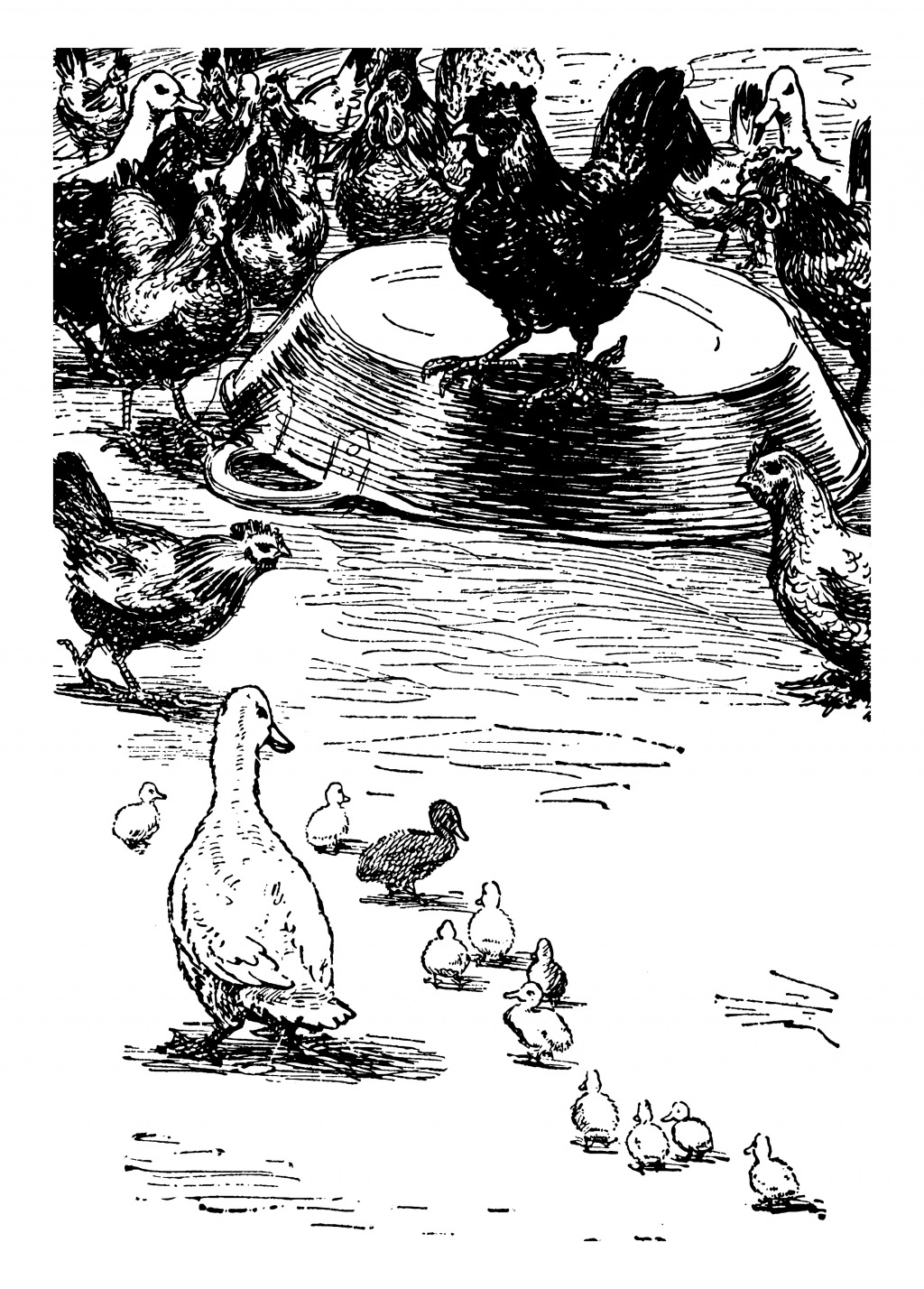Last week (at the time of writing), a top feminist criminologist gave a talk at the University of Edinburgh. I was involved in the group that organised the event, and I was in the privileged position to be able to join them for the after-party. We went to the pub and then out for dinner. It was a glorious evening of eating and drinking with a group of academics I admired hugely.
The notable part was the stories they told, especially this guest criminologist! I was delightedly shocked. Sometimes it is easy for my generation to forget about the drama that went down in the 1970s and 80s way before we were born. Find a feminist in her late 50s or early 60s, accompany her to a night out and wait for the drinks to arrive – and you hear all sorts. It is wonderful. This particular lady had, among many other endeavours, scaled a building and graffitied a message which would no doubt break the boundaries of what is considered acceptable in a community magazine. She admitted how outrageous it was (“We were young!” she said with a charming wickedness). She would also frequently be ‘daggers drawn’ with other feminists on relatively minor ideological distinctions, even though they were part of the same movement. It turns out that ideologically divided movements and provocative protest actions are by no means recent phenomena!
She told us that in the ‘70s and ‘80s, there were three factions of feminism. There was ‘liberal feminism’, probably the most conservative (small c), which sought to help individual women achieve the greatest possible success within systems as they currently stood. Then there was ‘materialist feminism’, which placed a great emphasis on the realities of sex difference: it opined that the basis of misogyny was the exploitation of women’s sexual labour. It avoided the view that women’s oppression was caused by a single vague concept of ‘patriarchy’. This was where it differed from the third faction, ‘radical feminism’, which (true to its name) believed that women are fundamentally oppressed by patriarchal systems and that basically everything needed to be brought down.
Sitting opposite me was an Edinburgh lecturer (and friend of mine) who was also a product of the women’s movement. She was a materialist and grew up terrified of the radicals: they were the ‘big, scary feminists’. The delightfully wicked criminologist, by contrast, grew up as a radical. Yet they became great allies and pals all these years later.
The distinctions between the three factions might seem trivial to a non-expert eye like mine. Not so back then! These veterans at the dinner told us of the huge division in the women’s movement; many feminists saw those in the factions outside their own as traitors. Invitations to speak at events were rescinded at the last minute due to seemingly pernickety differences in views. This criminologist was on silent-treatment terms with so many other feminists (some famous names were mentioned!) until decades later. Indeed, my lecturer friend confided how this had always instilled in her a fear of authoritarianism, particularly intolerance of disagreement within progressive causes.
Speaking purely for myself (although I would not be surprised if others of my generation felt the same way), excommunication is one of my greatest fears. The cause is unclear: possibly the rise of social media or digitalisation. I reread every email I send too many times to spot any potential for misinterpretation, and often worry about them even post-send. I am nervous about correspondence with old friends going silent for unknown reasons, or my phone pinging one day and showing me a text message from a university network of academics all of whom I like telling me that they will be ceasing all contact hereon.
To which the rational response is, of course, “Why on Earth would any of that happen?”, and the answer is, “Exactly!” It is one of those entirely irrational and usually baseless fears, as our personal phobias tend to be. Yet on evenings like this, it is reassuring to hear the bonkers, wacky stories from the past. Some things have always been around; the planet has kept spinning.















